Everyone loves a good rom-com, and when the weather cools off, there’s nothing like curling up with a holiday-themed one. September guest editor Jean Meltzer’s enemies-to-lovers debut novel, The Matzah Ball, has us laughing out loud with all the holiday feels. As Publisher’s Weekly said, “it should be unwrapped by people of all faiths this holiday season.”
In The Matzah Ball, Rachel Rubenstein-Goldblatt is a nice Jewish girl with a shameful secret: she loves Christmas. For a decade she’s hidden her career as a Christmas romance novelist from her family. Her talent has made her a bestseller even as her chronic illness has always kept the kind of love she writes about out of reach. But when her diversity-conscious publisher insists she write a Hanukkah romance, her well of inspiration suddenly runs dry. Hanukkah’s not magical. It’s not merry. It’s not Christmas. Desperate not to lose her contract, Rachel’s determined to find her muse at the Matzah Ball, a Jewish music celebration on the last night of Hanukkah, even if it means working with her summer camp archenemy—Jacob Greenberg. Though Rachel and Jacob haven’t seen each other since they were kids, their grudge still glows brighter than a menorah. But as they spend more time together, Rachel finds herself drawn to Hanukkah—and Jacob—in a way she never expected. Maybe this holiday of lights will be the spark she needed to set her heart ablaze.
We talked with Jean Meltzer about the inspiration behind the novel and the challenge of writing a female romance protagonist with a disability.
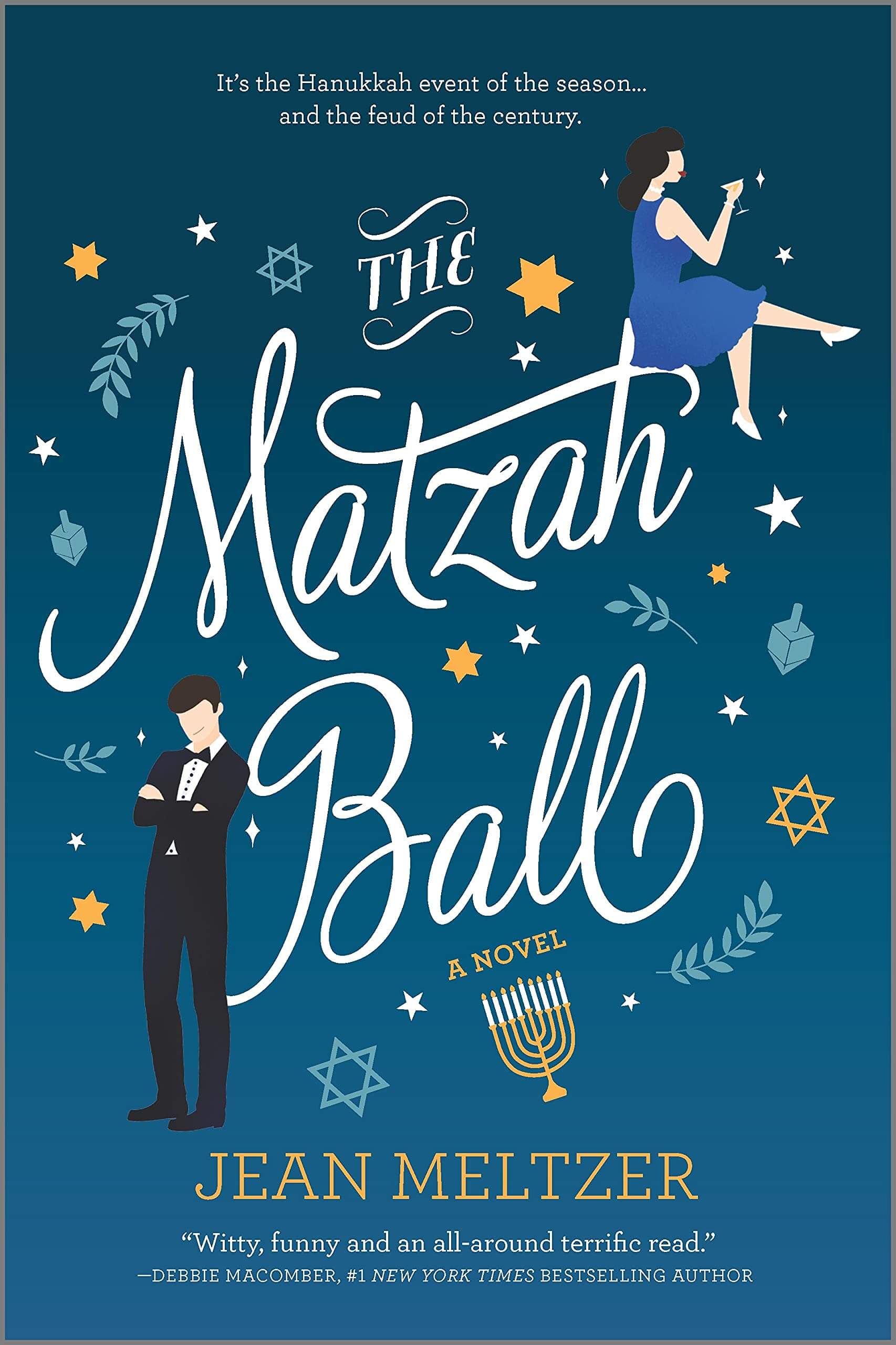
While the inspiration behind The Matzah Ball was that you wanted to see yourself represented in the holiday romance section at the bookstore—a Hanukkah romantic comedy—what was the inspiration behind the plot, of a chronically ill “nice Jewish girl” leading a double life as a bestselling Christmas romance novelist?
There were a few events that coincided and eventually sparked the idea. But long story short, about six months before I sat down to write a Hanukkah romance, I read an article about how there were all these Jewish screenwriters in Hollywood, who made their living writing Christmas movies. At the time, I wasn’t really that surprised by the revelation. Jews have always had a not-so-secret fascination with Christmas. But point being, and for our purposes, I saw the article… and then moved on with my life. A few months later, I decided I was going to try to write a Hanukkah romance. I knew that I wanted it to utilize all the tropes and themes one would see in a typical Christmas Hallmark-style romance, but it was also incredibly important to me that the story manage those holiday expectations, while still feeling authentic to the modern day Jewish experience. So, as us writers tend to do, I sat down to write an outline and muck about with ideas.
In the beginning, I played with the idea of making my protagonist a seamstress, or a baker, which as you probably know, are often tried and true backdrop for many Christmas romances. The problem was, every time I would look back on my pages, I despised them. They felt so inauthentic to my experience, and if they felt that way to me, they would certainly feel that way to an audience.
One night, I was eating dinner with my husband, and I said to him, “You know, the problem is… Jews of my generation, we’re not seamstresses. We’re not bakers. Maybe that would have made sense for my grandparents, living in the lower east side in the early 20th century, but third-generation Jewish Americans tend to be educated professionals. We’re doctors, and lawyers… and writers.”
In that moment, my brain flashed back to that article about Jewish writers and Christmas movies. The lightbulb went off. I asked myself, “What if Debbie Macomber was secretly Devorah Macomberwitz?” The idea took off from there…
What were the challenges of writing a romance protagonist with a disability?
A cardinal rule of fiction is that characters have to be actively doing something. How do you write a character who is homebound? How do you make a character, who spends a majority of their time sitting around their apartment in crumpled pajamas, active?
But then, I looked at my life with ME/CFS and realized that I had done a lot of amazing things. I had won an Emmy, gone to seminary, lived abroad. I had even fallen in love and gotten married. It clicked. ME/CFS didn’t destroy my protagonist’s life, but it was a major part of her life. It informed her decisions, and the way she related to strangers. It shifted how she saw her value in romantic relationships. Then there were the practical concerns of surviving with ME/CFS. She would need recoup days, and maybe even a wheelchair, but the book would be about her journey to acceptance and authenticity. Once I realized that, it was easy to write a character disabled by chronic illness.
As an ME/CFS activist, what do you want readers to take away from this book about chronic fatigue syndrome?
I hope that people with ME/CFS feel seen. It’s so important that we maintain hope with this disease, and I think it’s an incredibly powerful thing that this book unapologetically affirms ME/CFS as a real disease, and the value of our lives as patients. We are not invalid.
The other thing I really want to stress here–the issues that Rachel face maneuvering, and managing, her life as a chronically ill woman are not limited to chronic fatigue syndrome. Millions of people, across America, are living with disabling and life-altering chronic illness. Many of these people hide their diagnosis for fear of repercussions from employers, insurance companies, or from friends and family who simply won’t understand.
I hope this book helps educate healthy folks. I hope it makes things easier for people who are living with chronic illness. I hope it helps someone struggling find their hope. I hope it affirms your value, and worth, regardless of what you produce in our society. Ultimately, what I really want, is for future generations of sick people to have it better than I did.
What was your favorite part of writing The Matzah Ball—or, your favorite part in general?
Oh, gosh. Everything. The Matzah Ball is just such a joyous and fun book, and every second of writing it was a true and bonafide gift. I also really enjoyed the challenge of writing such a super-Jewish book, when there weren’t many like it on the shelves, and crafting a character who was homebound. I really hope we get to see more chronic illness and Jewish rep—just the whole beautiful spectrum of human experience—on our shelves.
Was the ending what you originally envisioned for your characters, or did the plot take on a life of its own?
I always, always, always write with an outline. I have a very big imagination, and it took me about six years (and much hardship) to learn that I absolutely need a roadmap while writing or I will quickly veer off course. That being said, I’m a trained screenwriter and nothing makes me happier than a big, swoony ending which has been built to beautifully in a classic three-act structure. I love a great takeaway. I try to write books where my readers will have the same sort of takeaway that I personally enjoy in stories.
Is this the start of a series of Hanukkah romantic comedies?
If all I ever wrote, for the rest of my natural life, was Hanukkah rom-coms… I would be very happy! But I’m pleased to report that my second book, Mr. Perfect on Paper, will actually span from Rosh Hashanah, and through Yom Kippur, Sukkot, Simchat Torah, all the way into Hanukkah. I’m considering setting my third book around Purim, which is a bit like a Jewish Halloween, but haven’t officially decided, yet. I guess I’m curious to see what my readers want. I always think about my audience when writing. But basically, there’s so many wonderful stories, and holidays, and quirks to explore in the Jewish world. As long as publishing will have me, I’m thrilled to keep writing about it!
What are you working on next?
I’m currently wrapping up my second book, Mr. Perfect on Paper. It’s about a third-generation shadchanit, or matchmaker, named Dara Rabinowitz, who find her private search for love thrust into the national spotlight when he bubbe outs her list for “the Perfect Jewish husband” on national television. As a nationwide hunt ensues, Dara comes to realize that finding “Mr. Perfect on Paper” may mean giving up on Christopher Steadfast, the charming—and totally not Jewish—reporter following her story.
On the surface, it’s an interfaith romance. In reality, and to quote a Yiddishism here, it’s about how, “Man plans and God laughs.” It will be publishing in Fall, 2022 and I cannot wait for everyone to read it! Otherwise, I love getting emails from readers. Feel free to find me, and shoot me a line, at Jean@JeanMeltzer.com
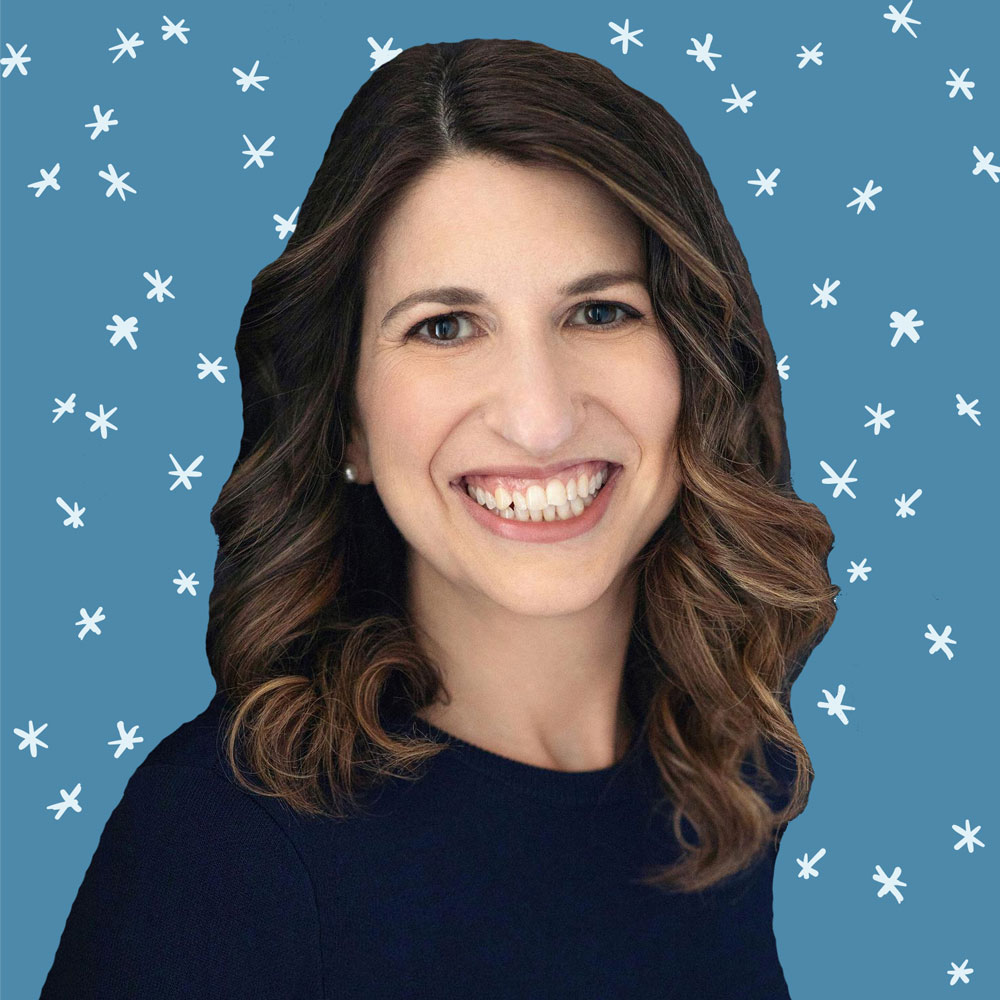
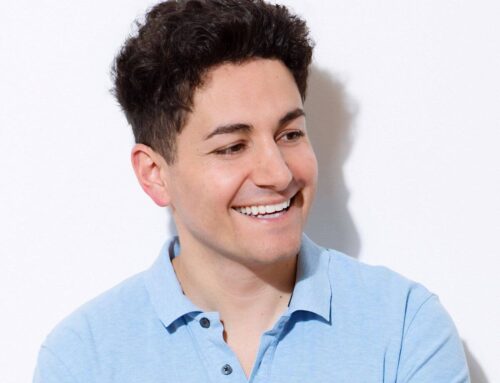
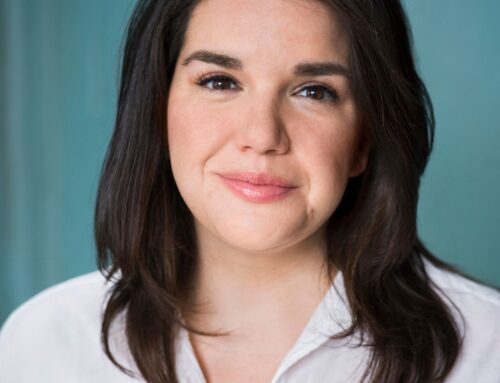

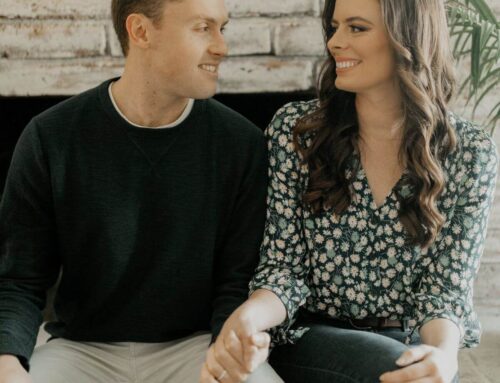
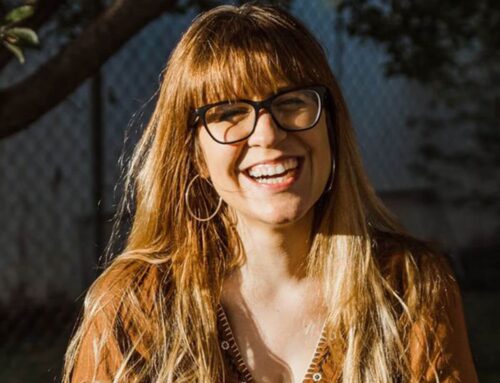
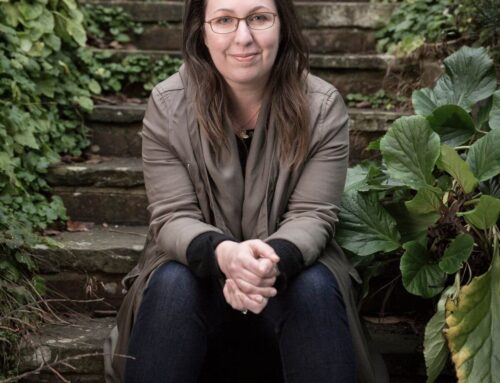
Leave A Comment